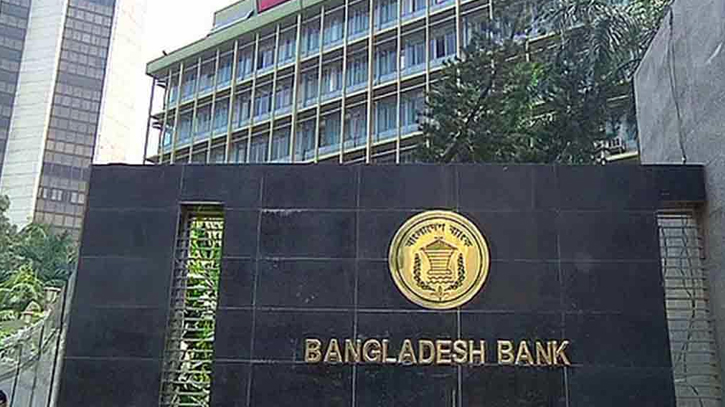
Photo : Collected
Due to the impact of inflation, the upper class is suffering from depression, the middle class is losing its savings, and the lower class is living on half-meals. The record-breaking inflation over the past decade has had a direct impact on savings bonds.
Investment in national savings bonds is decreasing day by day. Net sales have turned negative in the last financial year due to the rising rate of scrapping of savings bonds. The annual inflation rate for the recently concluded financial year 2023-24 was 9.73 percent. After the fiscal year 2010-11, the country has not witnessed such a high rate of inflation in 13 years. To survive in this food market throughout the financial year, people have to deplete their hard-earned savings.
According to statistics from the National Savings Directorate, net sales of savings bonds were negative in every month except the first two months of the outgoing financial year. The negative rate of Tk 147 crore in September 2023 exceeded Tk 3,500 crore in May 2024.
Those who once considered savings bonds a safe investment are now turning away from this popular medium. Faruq Hossain, a grocery shopkeeper who was selling savings certificates, told The Daily Messenger that savings certificates do not offer as attractive interest rates as before. The popularity of savings bonds has decreased significantly due to a reduction in interest rates. Additionally, the hassles of NID, Tax Identification Number (TIN), and the obligation to file returns are also discouraging people from buying savings bonds freely.
Imran Hossain, a private employee, said, “The market situation has become such that it is difficult to run a family of four on a salary of Tk 50,000. After the 20th of the month, one has to borrow, and if not, one has to break the savings certificate.”
Another private employee, Sabrina Afrin, said, “The middle-class deposits money in the hope that it will be useful in times of trouble. Ongoing inflation is now the biggest threat, forcing us to spend the money saved for hardships. We have to break the savings bonds or DPS of the bank to continue life.”
Meanwhile, the government's borrowing target from savings bonds has been consistently reduced every fiscal year along with the decline in sales. Even two years ago, the government's borrowing target from savings bonds was Tk 35,000 crore, which has been cut by more than half this fiscal year.
According to the data, the government's borrowing target from savings bonds in FY 2022-23 was Tk 35,000 crore and Tk 18,000 crore in FY 2023-24. In the current fiscal year 2024-25, that target has been brought down to Tk 15,400 crore.
Economists said that people in the country are losing interest in savings certificates due to inflation as well as the reduction in interest rates, high taxation on interest, TIN deposit, and the obligation to submit returns on investments above Tk 5 lakh.
In this regard, Professor Abu Yusuf of the Department of Development Studies of Dhaka University told The Daily Messenger that in the past year, food price inflation has reached such a level that the savings of the middle class have to be depleted. Especially with food inflation above 10 percent, people are in a panic.
However, regarding the obligation of return and TIN, the economist said it is a good initiative. There is nothing wrong with such initiatives to increase state revenue. But there is no point in collecting one-sided revenue and failing to include people as beneficiaries. This economist said that people will be interested in paying revenue only if they can enjoy the benefits of the revenue money.
Messenger/Fameema








